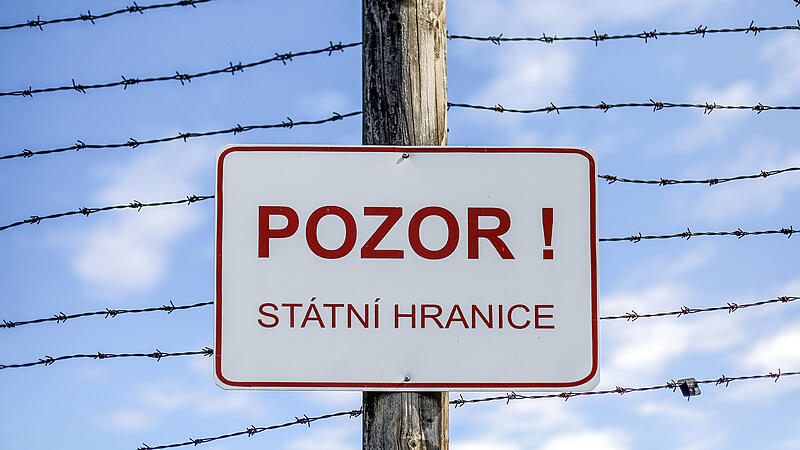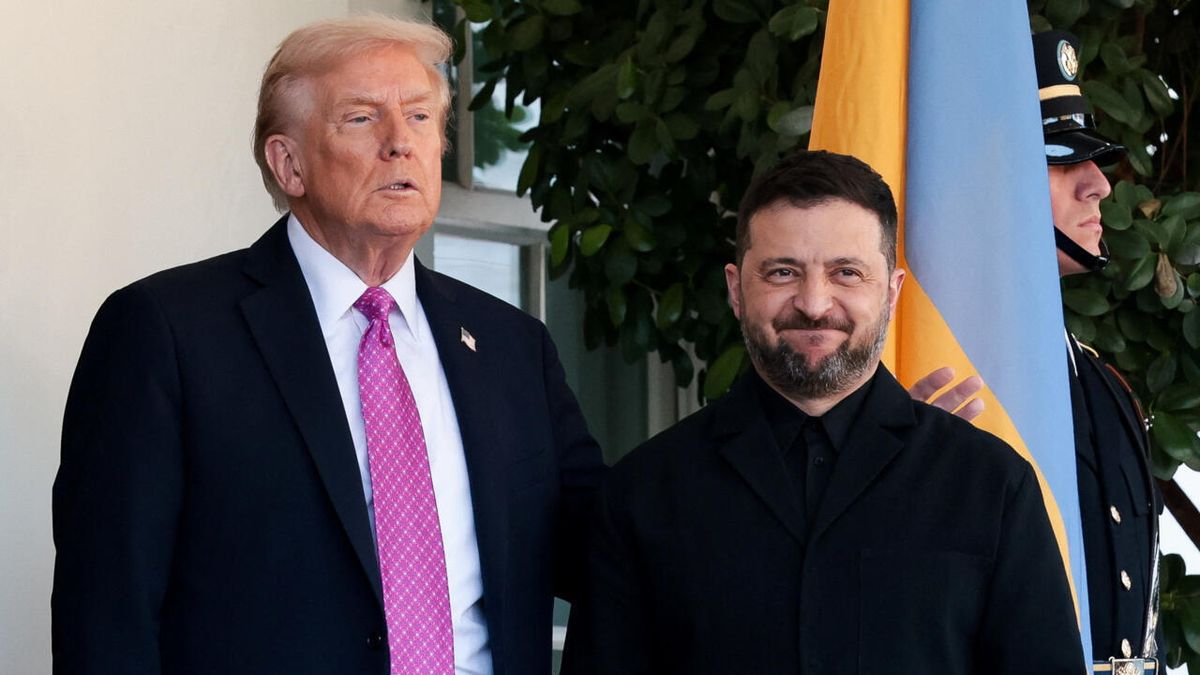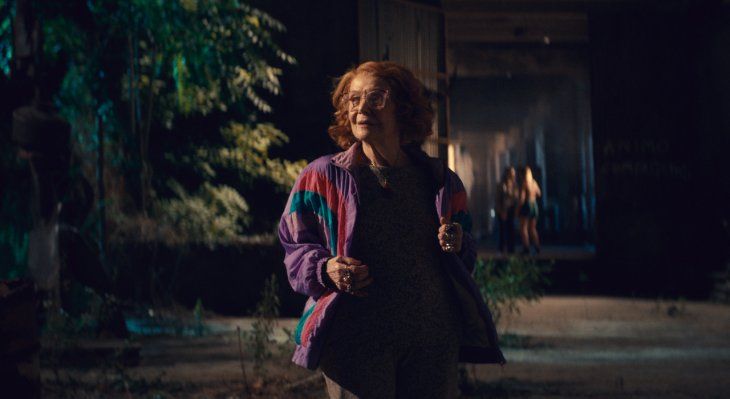It was the first weeks of 1962 when an imposing military show took place in Rohrbach: the Mühlviertel Battalion’s Border Protection Day. Only a year earlier, in January 1961, the decision was made to set up a border guard with 150 companies in 30 battalions – one of them in the Mühlviertel. Border protection companies were founded in Rohrbach, Leonfelden and Freistadt. “Perhaps also as a sign of neutrality towards NATO with the Federal Republic of Germany and the Warsaw Pact with what was then Czechoslovakia. In any case, the focus of the defense was clearly on the north in the operational planning,” writes Rudolf Födermayr in the current issue of the Rohrbach District Home Association.
Recruited into three companies
In November 1961, the three Mühlviertel companies were called up for the so-called “registry check”. The first of all of Austria in Freistadt, a week later in Rohrbach, and after another week in Leonfelden. 588 reservists who had completed their nine-month military service between 1956 and 1960 received their drafts.
The Rohrbach Border Protection Day
After the first wave of deployment across Austria, a “Border Guard Day” was planned for the Border Guard Battalion (GzB) Mühlviertel in order to present this reserve association to the population and, above all, to the media. Rohrbach was set as the location, and on February 18, 1962, the registrars, this time in riot gear, were checked in Freistadt, Leonfelden and Rohrbach before they went to Rohrbach. Due to snow drifts, blizzards and black ice, clearing and gritting vehicles had been in use all night to enable the soldiers to move into Rohrbach and to collect the battalion. Defense Minister Karl Schleinzer and Governor Heinrich Gleißner also traveled to the Border Protection Day.
Crisis year 1968
In the course of the “Prague Spring” there was the largest movement of troops since the Second World War, and an operation was also expected in the Mühlviertel. “After reports on radio and television about the armed invasion of Czechoslovakia, many advanced to the assembly sites on the morning of August 21. Others called their commanders or the battalion command to find out when their deployment would begin, and whether they would be drafted without a call-up should come to the collection point, why there is no alert, when and where ammunition is issued, and what to say to their families. They always received the same answer that an alert and summoning the border guard battalion 301 is not planned, “writes Födermayr. As a result, the border guards were stamped as an exercise force in the population.
The border protection organization was then transferred to the Landwehr. The border guard battalion 301 became the Landwehr regiment 301. In 1977 this regiment became a “militia” association. This included the “Light Landwehr Battalion 423” with the operational zone in the western Mühlviertel. After the fall of the “Iron Curtain” (1989) and the dissolution of the Warsaw Pact (1991), there was no acute danger of armed conflict. This resulted in the suspension of the militia exercises in 2006.
More on this in the 29th issue of the Rohrbacher Heimatverein. This is available from many municipal offices in the Rohrbach district, in the Frick bookstore in Rohrbach and in the Wöss department store in Kollerschlag.
Source: Nachrichten




